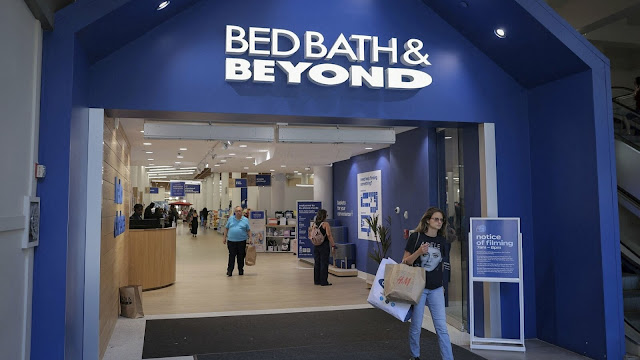A 20-year-old college student, earned $110 million from trading Bed Bath & Beyond.
According to Securities and Exchange Commission documents, Jake Freeman, a 20-year-old student, won $110 million from Bed Bath & Beyond, a favourite among meme-stock companies.
In July, Freeman purchased over 5 million shares for a total of about $25 million, or $5.50 per share, acquiring a 6.2% interest in the home goods business.
According to the documents, Freeman sold nearly $130 million worth of stock on Tuesday.
According to Freeman, "I did not anticipate the price to increase as much as it did." "I did anticipate that as BBBY's balance sheet was better organised to unlock potential. BBBY, in my opinion, was not worthwhile from a risk/reward perspective at those high levels.
After-hours trading on Wednesday saw a more than 18% decline in Bed Bath & Beyond shares after Cohen announced his intention to sell a sizeable portion of the business just months after purchasing it.
He attends the University of Southern California, and the Financial Times' first reports state that he obtained the initial funding from friends and relatives.
According to his LinkedIn profile, Freeman has worked as an intern for the New Jersey hedge fund Volaris Capital over the years. Freeman and his uncle Dr. Scott Freeman, a former pharmaceutical executive, reportedly recently accumulated an activist position in the pharmaceutical firm Mind Medicine, according to the Financial Times.
Freeman told MarketWatch that in addition to his rigorous analysis and mathematical statistics coursework at USC, he now intends to concentrate on having a "constructive" conversation with the Mind Medicine board. He's currently doing math prep for the GRE.
According to SEC records, Freeman purchased Bed Bath & Beyond in July through Freeman Capital Management, a Wyoming-registered fund. In a letter to the business's management, Freeman claimed that the company was "facing an existential crisis for its survival."
"Cut its cash-burn rate, significantly enhance its capital structure, and raise funds," he recommended the board. He advises swapping debt and then issuing a convertible bond to take advantage of the implied volatility of the stock.

